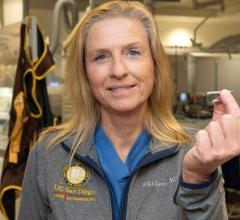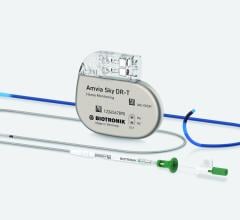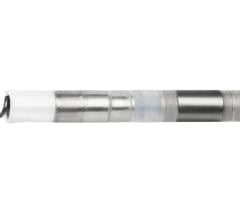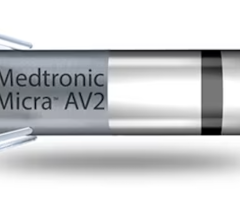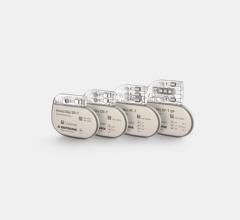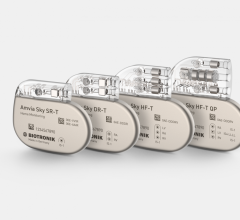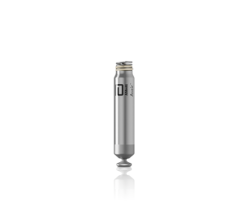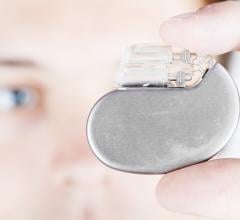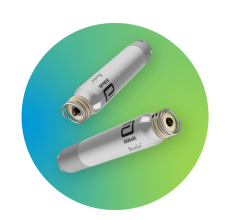May 16, 2013 — The incremental mortality in implantable pacemaker and defibrillator recipients who experience a device infection, compared to patients without device infection, is substantial and persists for at least three years after index hospitalization with infection. These are the key findings of a retrospective cohort study of 200,219 Medicare fee-for-service patients undergoing cardiac device procedures, with and without infection, that were presented today by M. Rizwan Sohail, M.D., a researcher from the Mayo Clinic divisions of infectious diseases and cardiovascular diseases, at Heart Rhythm 2013, the Heart Rhythm Society’s 34th Annual Scientific Sessions.
Previously, Sohail and his collaborators have reported that patients with cardiac device infections experience a two-fold increase in the mortality rate one year after device implantation, compared to patients without an infection. In this new study, Sohail and collaborators looked at the long-term mortality three years after the device procedure in 200,219 Medicare beneficiaries that underwent permanent pacemaker and defibrillator procedures between Jan. 1, 2007 and Dec. 31, 2007, including 5,817 patients with cardiac device infections.
Key findings of the study included:
- The 15-29 percent higher mortality seen in patients with cardiac device infections, compared to patients without cardiac device infections, continued for at least three years.
- Three years after the procedure:
- Patients with pacemakers (PM) infection had 54 percent mortality, vs. 33 percent without PM infection (P<0.001)
- Patients with ICD infection had 48 percent mortality vs. 32 percent without ICD infection (P<0.001)
- Patients with CRT-D infections had a 51 percent mortality vs. 37 percent without CRT-D infection (p<0.001)
- For PM patients with a device infection, the incremental mortality associated with device infection continues to increase for at least three years.
“It is well known that cardiac device therapies such as pacemakers, implanted cardioverter-defibrillators (ICDs), and cardiac resynchronization therapy/defibrillators (CRT-Ds) can reduce morbidity and mortality in appropriately selected patients,” said Sohail, “Unfortunately, these benefits can be significantly reduced, if the implantation/replacement procedure is complicated by a device infection. The focus of this study was to better understand the long-term mortality associated with CIED infections, stratified for different cardiac device types.”
This study was funded by Tyrx Inc., maker of implantable combination drug/device products focused on infection control for implantable electrophysiology devices.
For more information: www.HeartDeviceInfection.com


 May 02, 2025
May 02, 2025 
